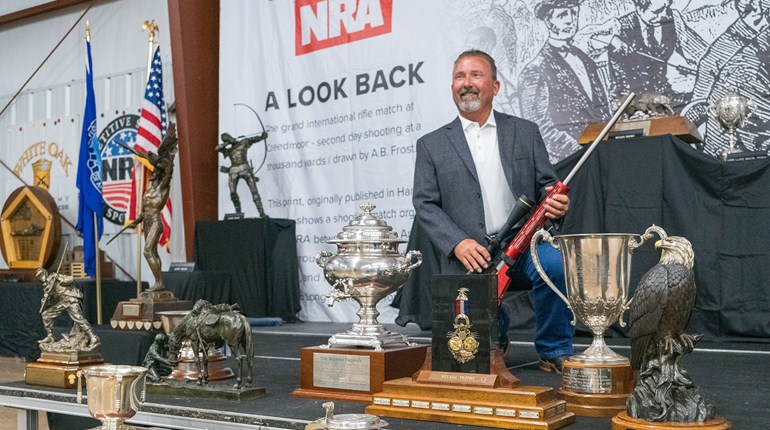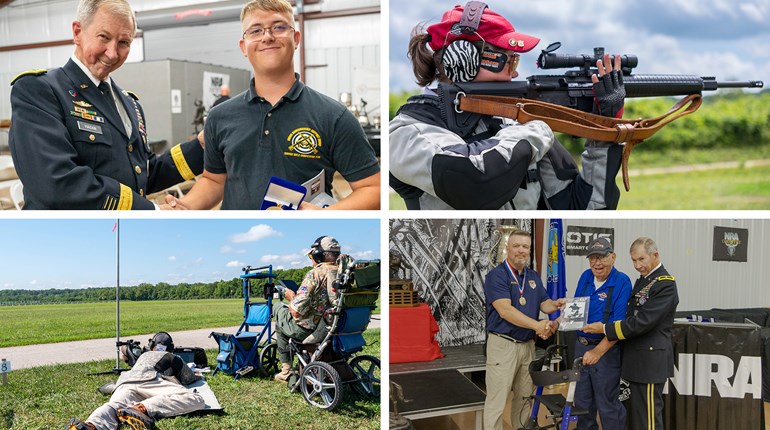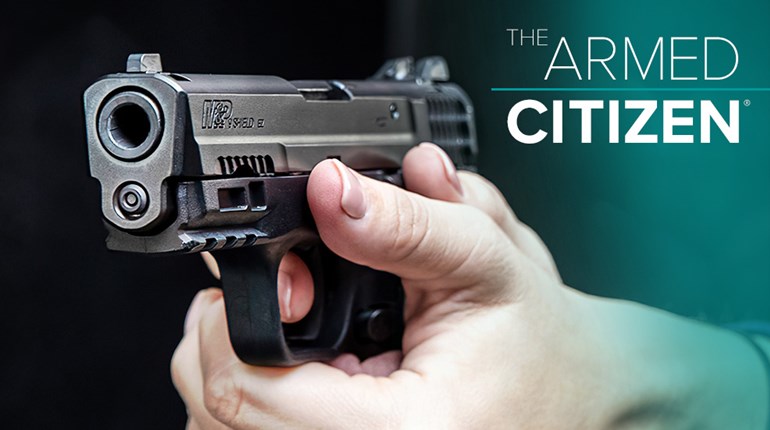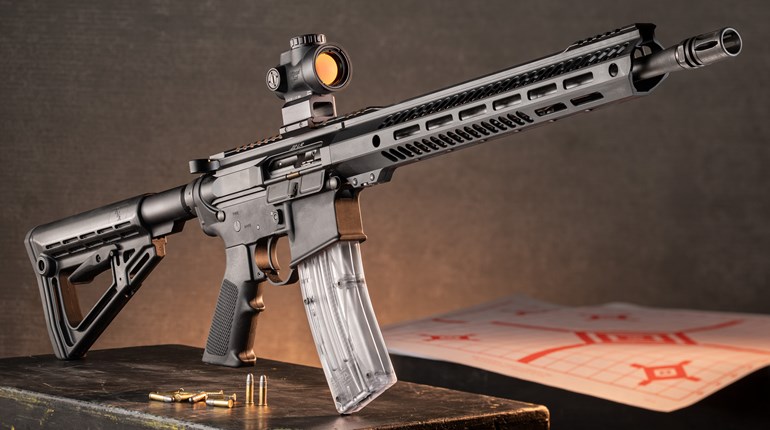
Photo courtesy of the Johns Hopkins University media website.
Bans on so-called “assault weapons” have no direct impact on mass shootings, concluded the Johns Hopkins Bloomberg School of Public Health in a study published in a February issue of the Criminology & Public Policy journal.
Researchers looked at fatal mass shootings involving four or more victims in 45 states between 1984 and 2017 and at the firearms laws for those states. Florida, Kansas, Kentucky, Nebraska and Montana were excluded from the analysis due to “significant gaps in reporting.” Additionally, all murders related to gang or narcotic activity were excluded.
Besides the ineffectiveness of “assault weapons” bans, the study noted that comprehensive background checks had little or no impact on homicides.
Michael Bloomberg has donated more than $3.3 billion to Johns Hopkins University since he graduated with a bachelor’s degree in engineering in 1964. Among other things, the donations fund the Bloomberg American Health Initiative (part of the Bloomberg School of Public Health), an effort to “transform the United States’ approach to modern public health challenges.” Four of the five authors of this study are part of the Johns Hopkins Center for Gun Policy and Research. Some of these authors’ prior gun-control efforts include the unapologetically biased online course “Reducing Gun Violence in America: Evidence for Change.” Gun-control advocacy, then, is what we expect from these institutions. Did Bloomberg not get his money’s worth with this one?
He did. In lieu of the unsupportable “assault-weapons” bans and comprehensive background checks, the study advocated for bans on magazines holding more than 10 rounds, though the authors noted that the average number of victims in a mass shooting is four to six people. It also recommended “purchaser licensing laws,” to include requiring:
- Citizens to apply in person at public safety agencies and be fingerprinted;
- Thorough background checks that include more records than current background checks;
- Gun-safety training;
- Officials to use their discretion to deny applicants (“may issue” versus “shall issue”).
To name just a few oversights of this biased “study”: It failed to discuss the dangers such long wait times inflict on law-abiding citizens before they can be armed for self-defense, the significant impact of so many hurdles on poorer citizens or the fundamental problems inherent in allowing decision-makers arbitrary power over a constitutional right.


































